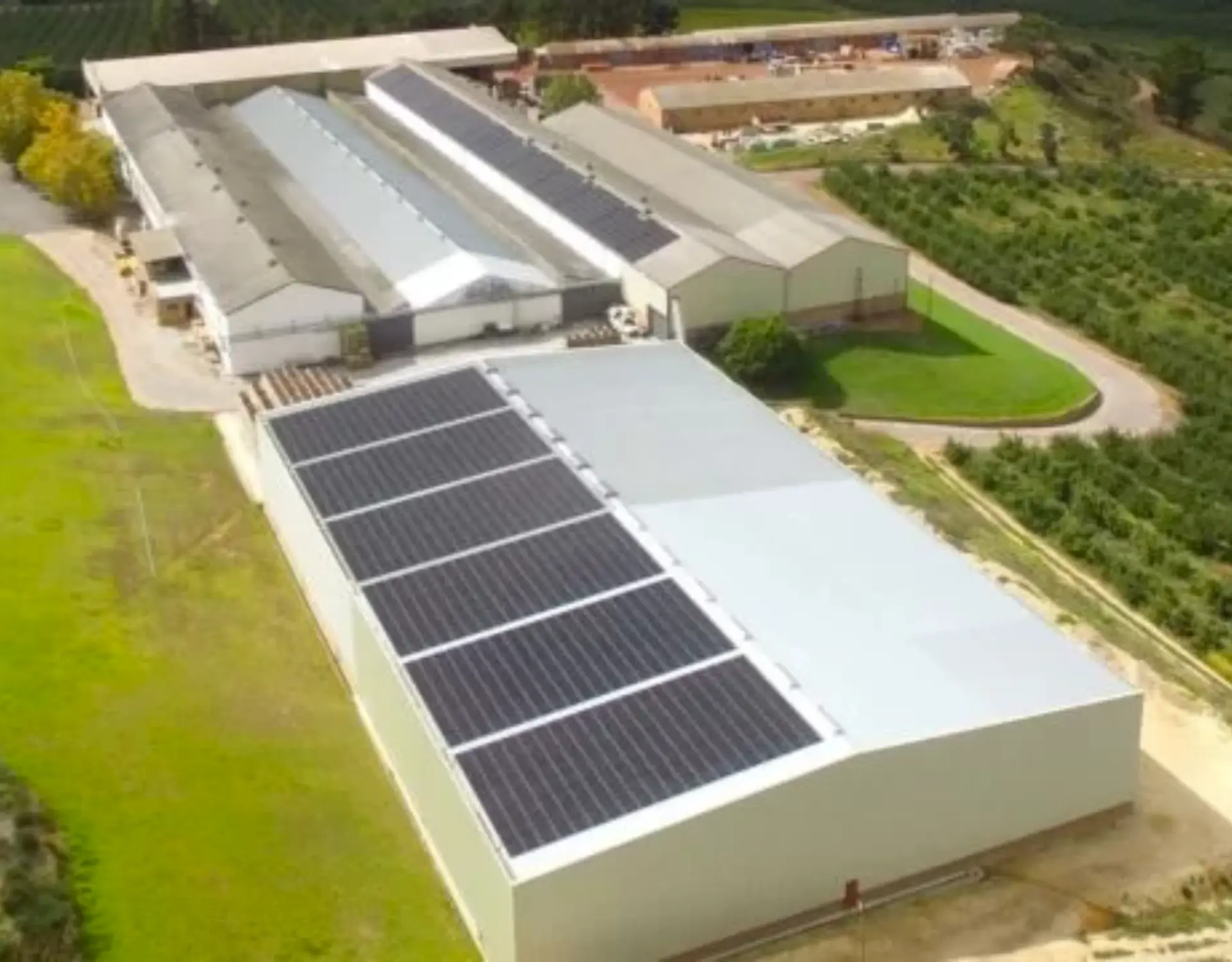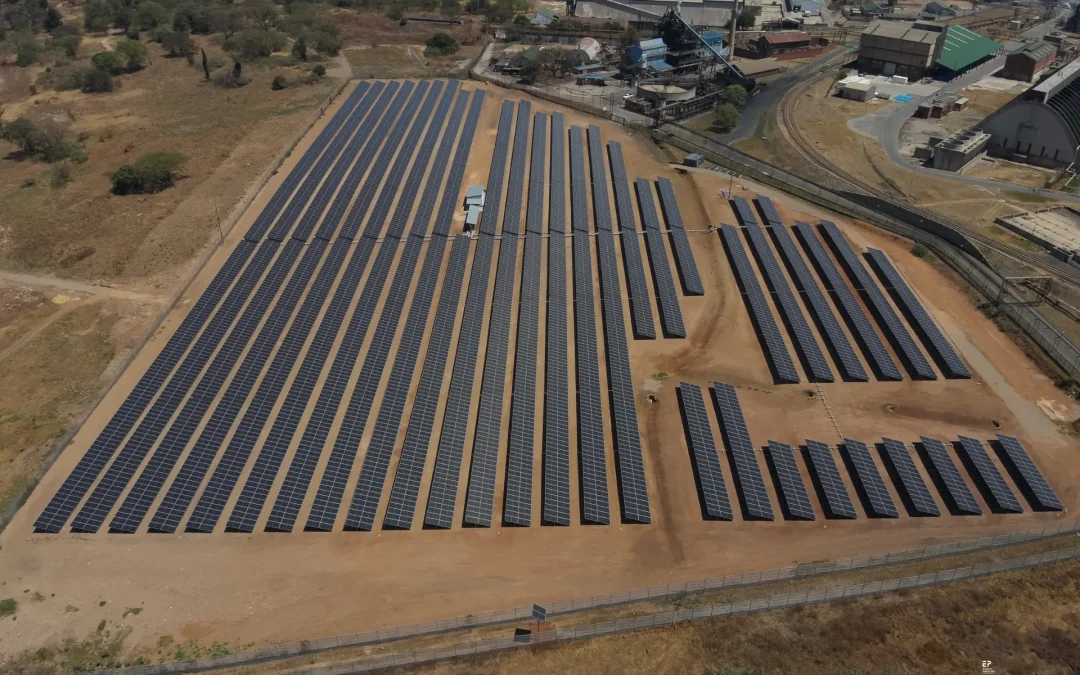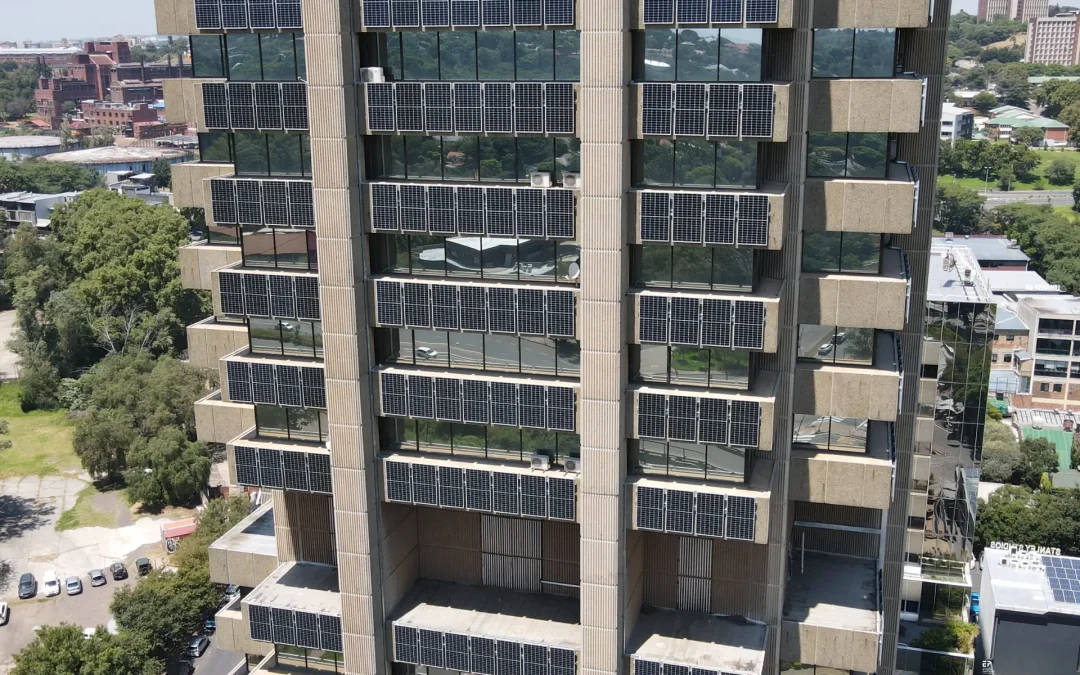While the current regulations on private power generation (embedded energy generation) have aided many agriculture operations to cut their energy costs significantly, the imposed threshold on small-scale embedded generation (SSEG) is excluding many larger agri businesses from meaningfully utilising renewable energy.
This is according to Manie de Waal, CEO of Energy Partners Solar, who explains that the existing legislation allows private organisations to generate their own electricity with a total installed capacity of under 1 Mega Volt Ampere (MVA). Installations over 1MVA are allowed, provided that they are awarded a generation license by NERSA.
“There are a lot of opportunities for larger energy-intensive agricultural operations to cut their electricity spend and become more efficient through the use of renewable energy. Dairy farms and abattoirs, for example, are prime candidates for photovoltaic (PV) systems larger than 1MVA in size, owing to the fact that they require constant energy for heating, cooling (refrigeration) and milking every day of the year.”
However, he notes that the requirement that these systems need to be licensed is a major impediment. “NERSA has put procedures in place for businesses to apply for generation licenses, but we know from experience that these are almost never granted.”
De Waal adds that this limitation placed upon SSEG systems (larger than 1MVA) also seems quite arbitrary. “We have seen grid-tied PV systems much larger than 1MVA (commissioned before the introduction of the licensing requirements in 2018) run smoothly, without causing any disruptions to either the client or the national grid. In our opinion, requiring businesses to apply for a nearly-unattainable licence before they can become more self-sufficient is an unnecessary barrier for growth.”
With this in mind, De Waal hopes that the Minister of Energy reviews the existing energy regulations and removes this limitation in the near future. “In the meantime, we believe that the best option for South Africa’s large agri businesses is to get the most out of SSEG systems (smaller than 1MVA). This only requires approval from the local municipality, which is fairly straightforward to attain”
Firstly, he advises that the business enter into a power purchase agreement (PPA) with a capable service provider. “There is nothing that stops an agri business from installing and operating its own PV system. However, outsourcing this function is a much more effective way to generate the maximum amount of electricity. Entering into a PPA would see a dedicated service provider owning and managing the PV system on site, while selling electricity to the client at a guaranteed lower rate. PPA providers are also well equipped to get the necessary approvals from the local municipality in the shortest amount of time.”
Next, he says that other energy-related solutions are also needed. “For a business to be truly energy efficient, it should review its total power usage and develop a holistic energy efficiency strategy. State-of-the-art energy management coupled with outsourced power (solar), cooling (refrigeration) and heating solutions can help to reduce the operation’s overall energy footprint, while an experienced service provider can also assist by negotiating special tariffs with local municipalities.”
De Waal adds that getting these services from a single provider is advantageous. “Energy Partners provides a host of outsourced utility services: power (solar), cooling (refrigeration), water and heating (steam). We have extensive experience, having coordinated integrated energy strategies underpinned by key outsourced utilities for a number of large Sub-Saharan companies.”
In closing, De Waal says that there is a serious need for government to review the limits that it has placed on independent energy generation. “The country’s economy is under-performing and the agri sector cannot afford to lose money on needlessly expensive energy tariffs. We believe that if NERSA does away with the 1MVA cap, it will allow these operations to become more self-sufficient, lower the cost of their products and increase employment significantly.
“However, until that happens, we would encourage all agri businesses to partner with service providers who have a proven track record of finding innovative solar energy solutions that reduce their clients’ monthly electricity spend,” he concludes.





